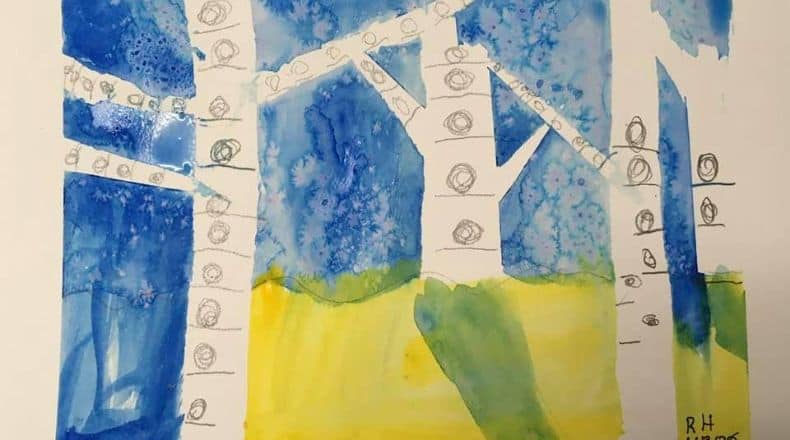
The Politics of Language and White Privilege
It is easy to underestimate the importance and power of sociopolitical aspects of language… Interaction, negotiation, interpretation, intended meanings, misunderstandings, and pragmatics all underscore those roles. When such considerations are extended into communities, regions, nations, and continents, the political side of language becomes evident (Brown, D. 2001 Teaching by Principles P. 115).
As a white speaker of standard English, who grew up in a white suburban neighborhood, and not ever having much contact with any people of color or English Language Learners, my white privilege was invisible and unknown to me. I was not conscious of it until I moved away from home, and consciously made friends and business associations with people of diverse race and cultures. At first, I was shocked and unbelieving that the incredible injustices that happened to my friends on a regular basis could be happening. I didn’t understand how anyone could treat another badly – based on a difference in race, language, sexual orientation, or age. The only comparison I had – was the gender bias I had experienced growing up in the early sixties.
Many years before becoming a teacher, I met Louie Thunderhawk, a full-blood Lakota, the same age as me, living in between Ann Arbor and Red Bud Reservation in South Dakota, a foot in each culture, simultaneously. Through our friendship, I embarked on a personal journey of understanding the language and cultural barriers of being Native American.
Louie was raised in a mission school. The children were taken away from their families to be schooled by nuns who hit them with rulers when they spoke in their native language. Louie told me that on the weekends the children were let loose into the canyon, and as their families had no means of transportation, they were cut off from their families, culture, and language. They were not embraced or welcomed into the white mainstream culture. They were made to feel powerless. There has been little written on this subject of Indian Mission Schools, in spite of the fact that so many individuals were deeply scarred by their experiences. This is a subject worthy of another post, but for those readers who are interested, there is a powerful movie called Our Spirits Don’t Speak English: Indian Boarding School (2008) – that is worth watching! Producer Gayle Ross gently but purposefully exposes the practice of assimilating indigenous children into a foreign white culture, and the devastating effects on these young people as well as on generations of Native Americans to follow.
On the reservation, Louie was a spiritual leader, a singer for a medicine man, and an artist – a maker of wooden flutes and prayer pipes. There were few to no paying jobs on the reservation so he left for Ann Arbor, where he worked for minimum wage, buffing floors on the midnight shift at K Mart. He felt foreign and uncomfortable in both worlds and belonged fully to neither. He never graduated from high school and viewed himself as not being able to read or write well and I inferred that he doubted whether he could do any better. He knew that his lack of a high school diploma is what kept him from getting a higher paying job, and felt that his job working the midnight shift at K Mart was better than having no job at all. He could find no real home in either place, culturally or economically. He was caught between two different worlds, which affected him socially, economically, and politically. I listened painfully to stories Louie told me of moving back and forth between “the Res” and Ann Arbor. I don’t know where Louie is now. It seems he has vanished. I have a sketchbook that he gave me for safekeeping, that I’d like to return it to him. I am grateful for the lessons he taught me, which opened my eyes in a very personal way and have shaped the kind of teacher I have become and I’d like to tell him.
This relates to something I read recently, suggesting the very democratic idea – that in a limited sense, all human languages can be said to be both equal and perfect. It is a principle I agree with, but it is an idea, which is not extended into communities, regions, nations, and continents. It is perhaps, what I am striving for and the very reason why as an urban social-reconstructivist teacher I find myself teaching reading in a school with diverse cultures and languages. The personal experiences of many of my friends of color have taught me that if in our hearts we believe this “equal and perfect principle” to be a universal truth, it fails to hold water in the real world of white privilege.
Teaching reading and writing is a political act. As teachers of conscience, we can’t ignore the sociopolitical aspects of language – we must always consider them. This is the hard work and hidden curriculum of being an urban teacher. We must roll up our sleeves – there is so much to be done!
Share
If you're new here, you may want to subscribe to my RSS feed. Thanks for visiting!

